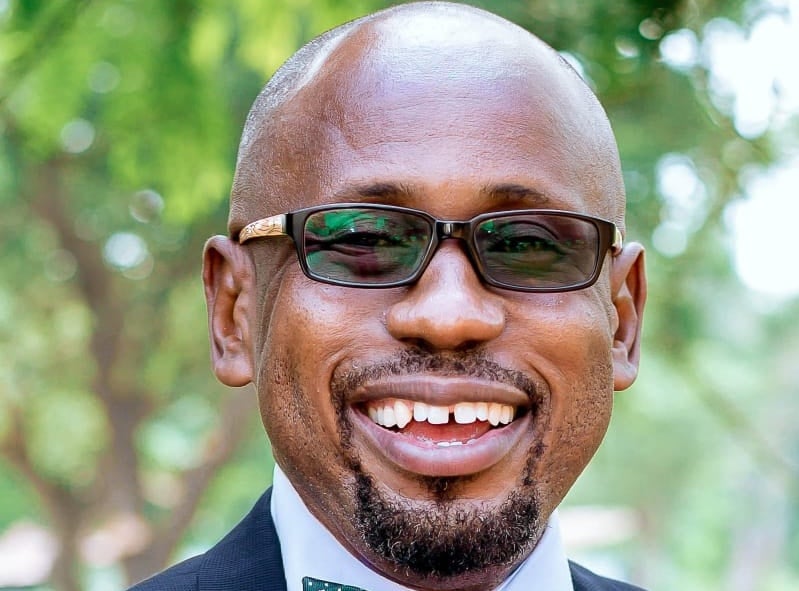Delayed responses, outdated playbooks, and poor coordination are among the leading causes of crisis mismanagement in today’s business environment, according to Professor Robert E. Hinson.
He made the remarks during a standout session at the 2025 Citi Management Bootcamp, held from June 22 to 28 in Abokobi as part of the Citi Business Festival.
Speaking on the theme “Crisis Management and Corporate Communications,” Professor Hinson warned that organizations are increasingly vulnerable to a wide range of crises—from operational and financial to cyber, reputational, and natural disasters. “Crises are inevitable. What matters is how prepared and coordinated your response is,” he said.
He defined a crisis as an event with the potential for significant negative impact, threatening both operations and reputation, and requiring immediate action. He stressed that effective crisis management hinges on three pillars: preparation before the crisis, coordination during, and learning after.
Drawing on global research, he highlighted that:
• Late responses can worsen outcomes by up to 40%;
• 65% of organizations use outdated crisis playbooks;
• Siloed departments and unclear roles hinder effective responses.
To mitigate these issues, Professor Hinson urged businesses to conduct annual risk assessments, assign clear roles and escalation paths, run simulations, and maintain strong communication systems.
He outlined a recommended Crisis Management Team (CMT) comprising the CEO, Legal Counsel, IT/Security Lead, Operations Head, Marketing/PR professionals, and a Customer Experience Lead. Each plays a vital role in ensuring a swift and unified crisis response.
On public communication, Professor Hinson advised issuing an initial statement within 60 minutes of a crisis, appointing a trained spokesperson, sticking to verified facts, and avoiding speculation. Transparency and timely updates, he noted, are essential to maintaining trust.
He also emphasized the role of employees as Crisis Ambassadors—credible internal voices who can support communication efforts on social media and other platforms. This, he said, requires clear guidelines, approved messaging, and consistent internal updates.
In today’s fast-paced digital environment, Professor Hinson recommended leveraging AI and real-time monitoring tools to anticipate and manage threats more effectively.
“Crisis response speed is non-negotiable. A local issue can become a global headline in minutes,” he cautioned.
He concluded with a call to action: “Every organization will face a crisis. Readiness is not optional. Crisis doesn’t build character—it reveals it.”
The Citi Management Bootcamp was part of the Citi Business Festival organized by Citi FM and Channel One TV, with sponsorship from Absa Bank Ghana, MTN Ghana, and ZondaTec Ghana.


